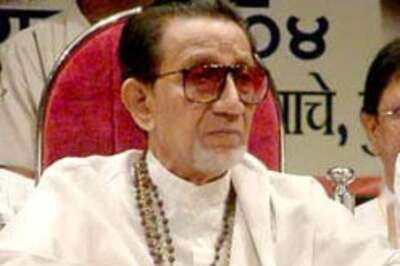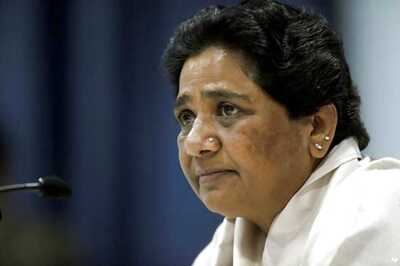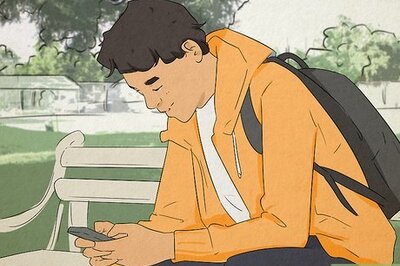
views
Mental health and mental illness is poorly understood in our country. Due to the lack of mental health awareness, there are various myths revolving around mental illness. Let’s bust the most imperative myths in regards to mental health:
Myth 1- Mental illness is equivalent to insanity and irreversible.
Mental health disorders are curable via evidence- based psychotherapies and psychiatric medications. Mental health disorders are not a terminal disease, it is a reversible condition. Having a mental health issue doesn’t make one lose contact with reality or insane. The only mental health disorder under which a person loses contact with reality is psychotic disorders as schizophrenia.
Myth 2 – Having a preoccupation with cleanliness is not OCD.
If an individual is pre occupied with cleanliness, it doesn’t mean that he/she has OCD. It is a term used incorrectly. OCD is a serious mental illness in which an individual has unwanted, recurrent, uncontrollable, intrusive, anxiety provoking thoughts/images in response to which the individual performs repetitive overt/covert behavior.
Myth 3 – Mental illness won’t happen to me.
Mental illnesses are very common. WHO estimates say one in four people in the world will be affected by mental disorders at some point in their lives. Around 450 million people currently suffer from mental disorders placing it amongst the leading causes of ill health and disability worldwide. Environmental and interpersonal stressors, childhood experiences, past trauma can trigger mental health conditions to any individual
Myth 4 – Individuals with mental health are violent and unpredictable.
A majority of people with mental health problems are no more likely to be violent than anyone else. Most people with mental illness are not violent and only 3-5 % of violent acts can be attributed to individuals living with serious mental illness. In fact, people with severe mental illnesses are over 10 times more likely to be victims of violent crime than the general population.
Myth 5 – Feeling low means one is suffering from depression.
Everyone experiences good and bad days, having a low mood or feeling drained mentally on difficult days doesn’t mean one has depression. Depression is when an individual experiences persistent low mood, most part of the day for most days; feelings of fatigue or tiredness and loss of interest/ enjoyment in almost all activities for a period of 2 weeks or more. Low mood is not equivalent to depression.
Myth 6 – Individuals suffering from mental health conditions are less competent.
Mental health conditions can cause impairment in attention and concentration temporarily when symptoms are prominent but after treatment of symptoms through cognitive techniques in therapy and adequate psychiatric medication, it can be rectified and there is no reason to doubt one’s competency level, it doesn’t effects one’s intelligence level or capabilities to function optimally in professional and personal life.
Myth 7 – Therapy is only talking, it won’t help in treating mental health conditions
Therapy encompasses various evidence- based therapies for specific mental disorders as CBT for Depression, ERP for OCD, DBT for personality disorder which is provided by RCI licensed Clinical Psychologist who have acquired adequate training in dealing with these clinical problems. Therapy doesn’t mean an amateur talking to a patient who is suffering just, how you talk over a cup of coffee, but a trained clinical psychologist with professional acumen who teaches various evidence based cognitive , behavioral and mindfulness techniques to patients and helps them to identify and modify their automatic negative thoughts.

















Comments
0 comment